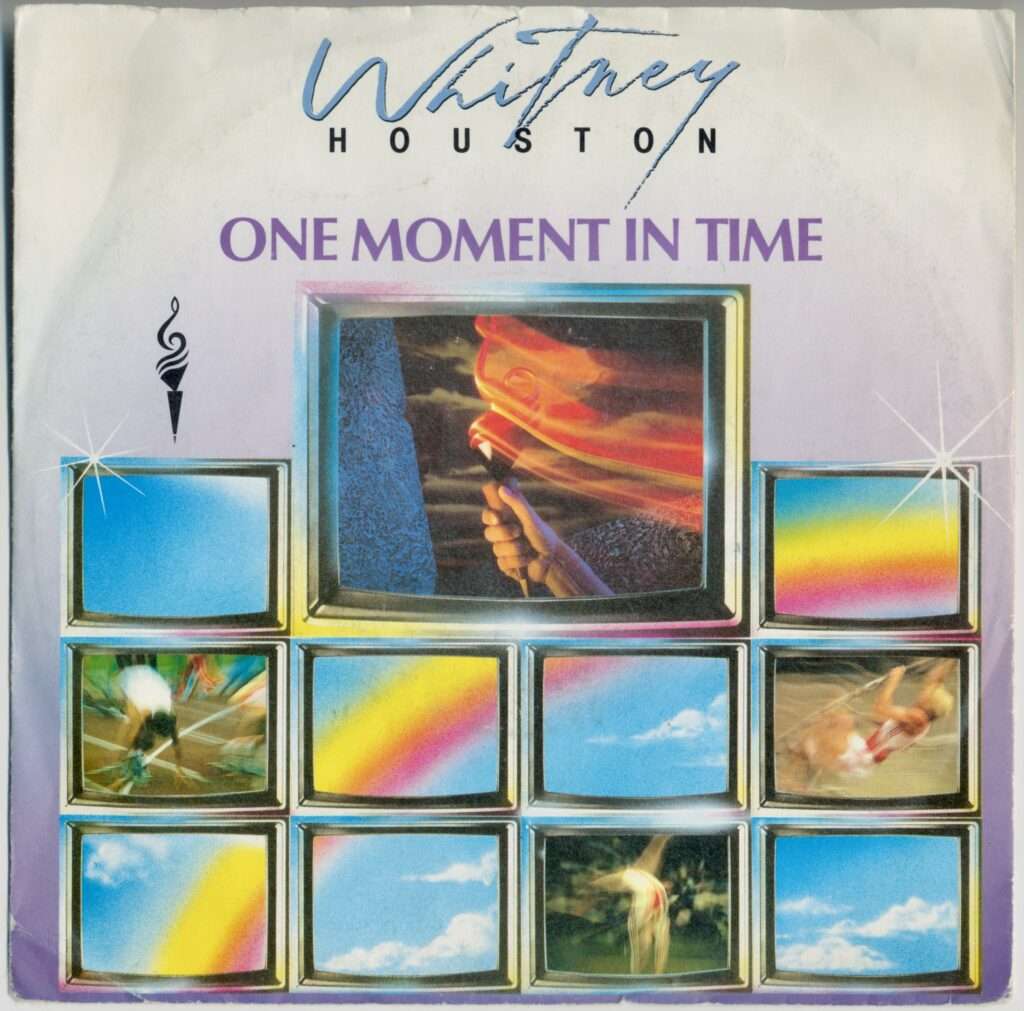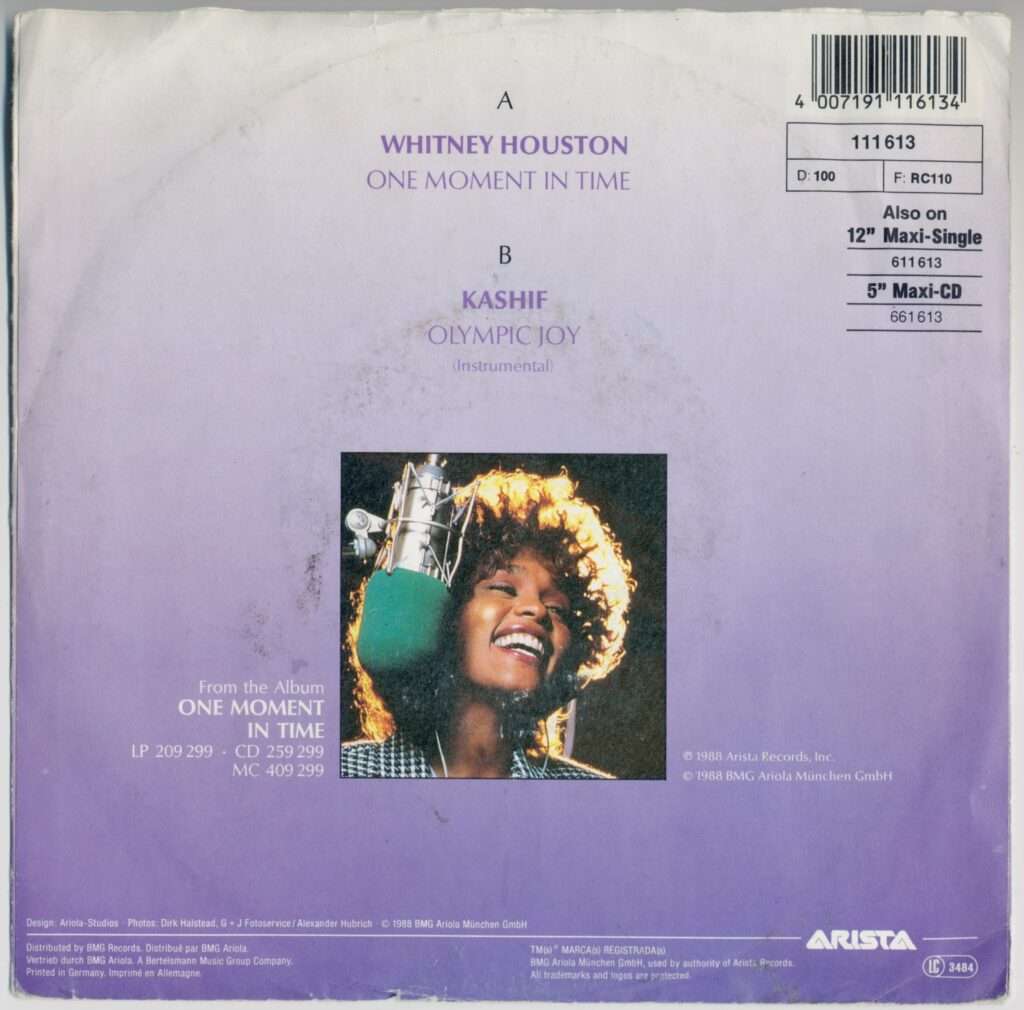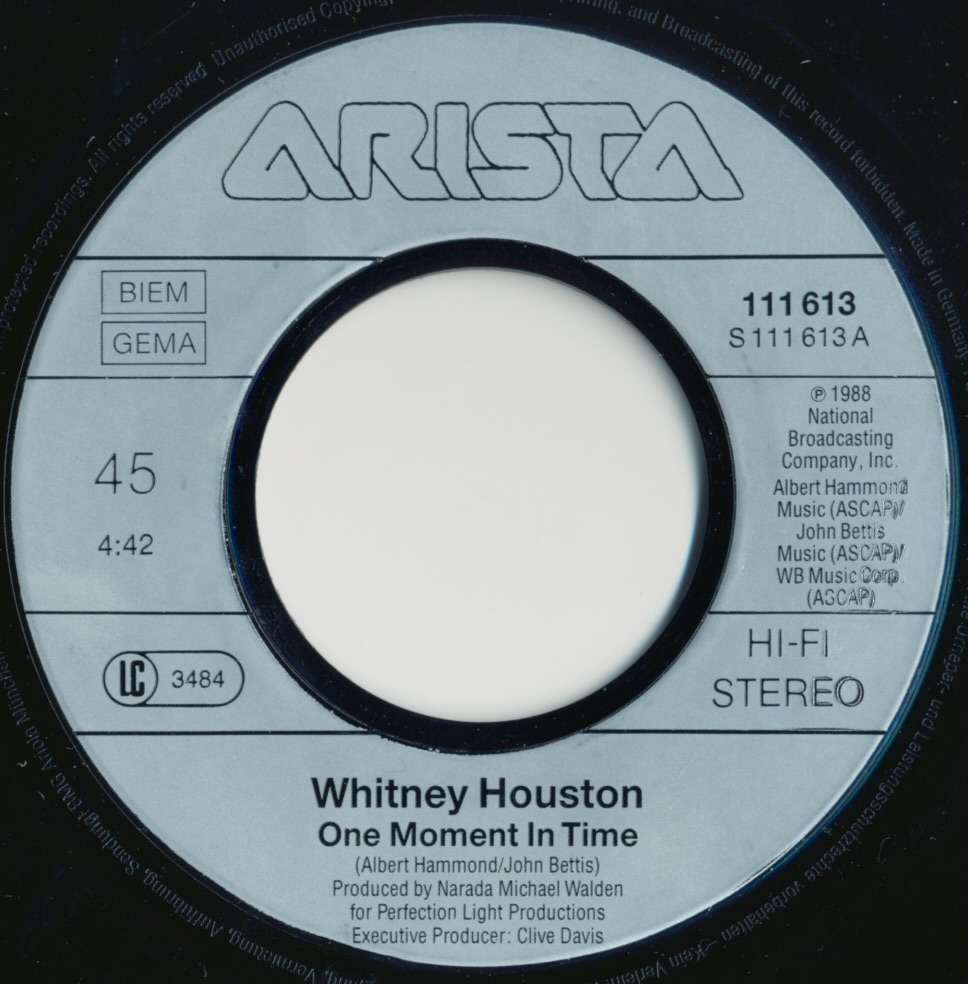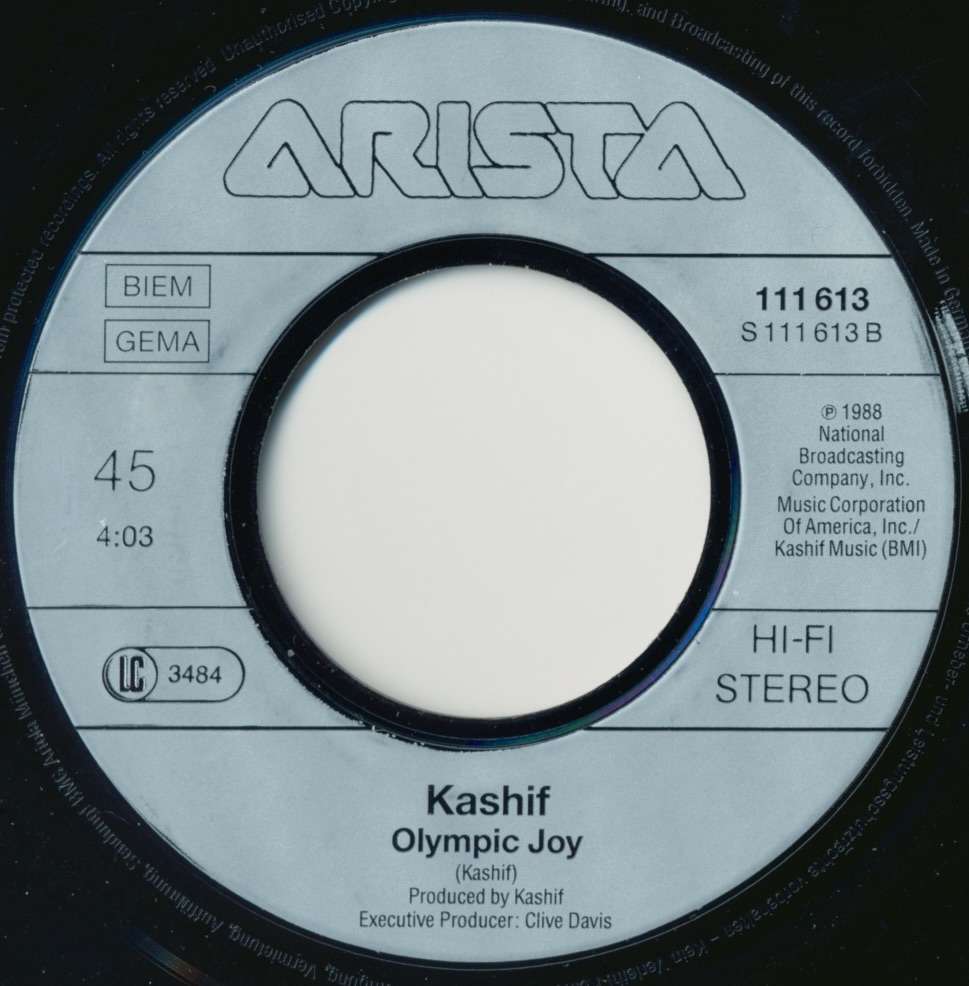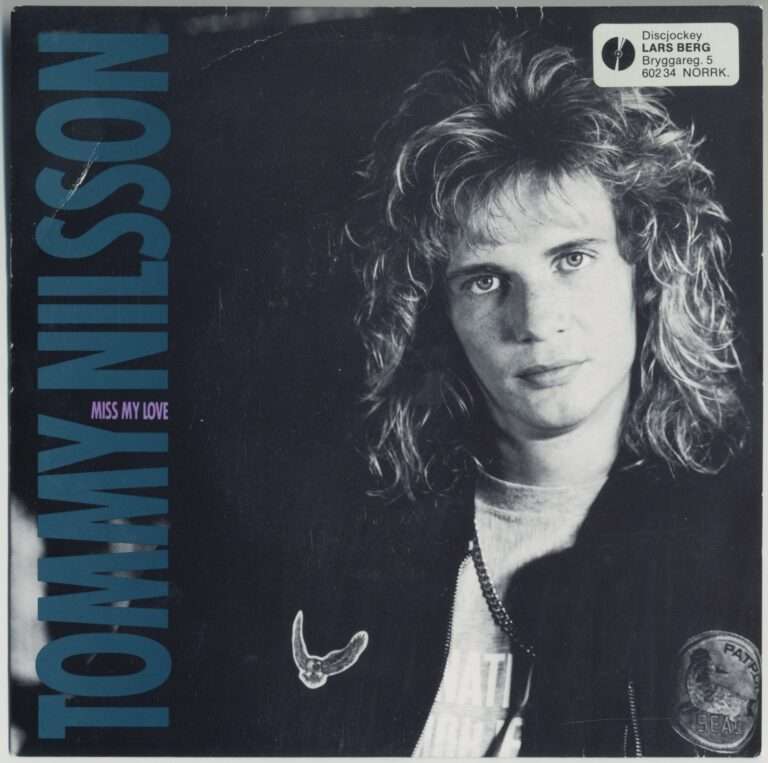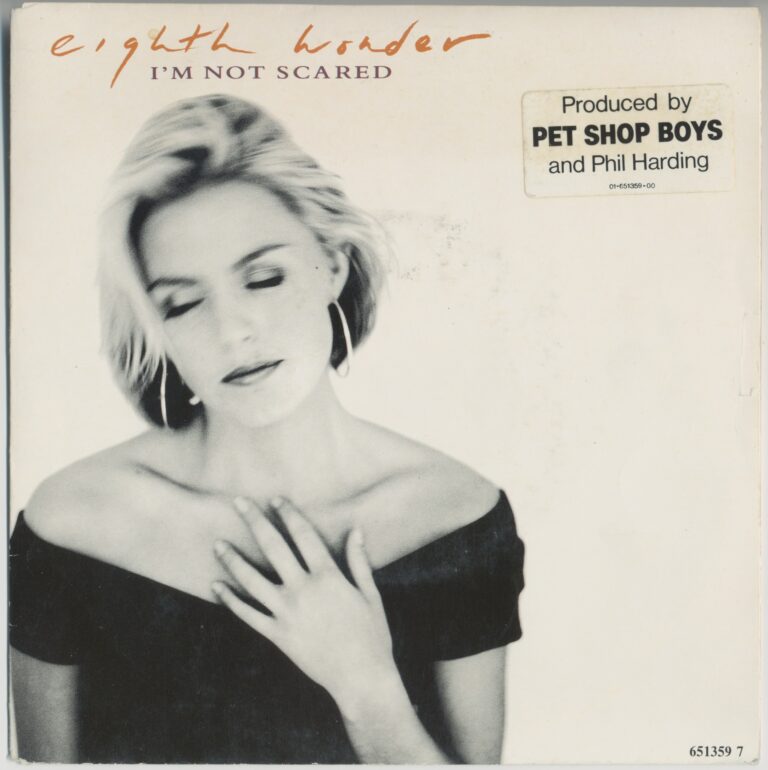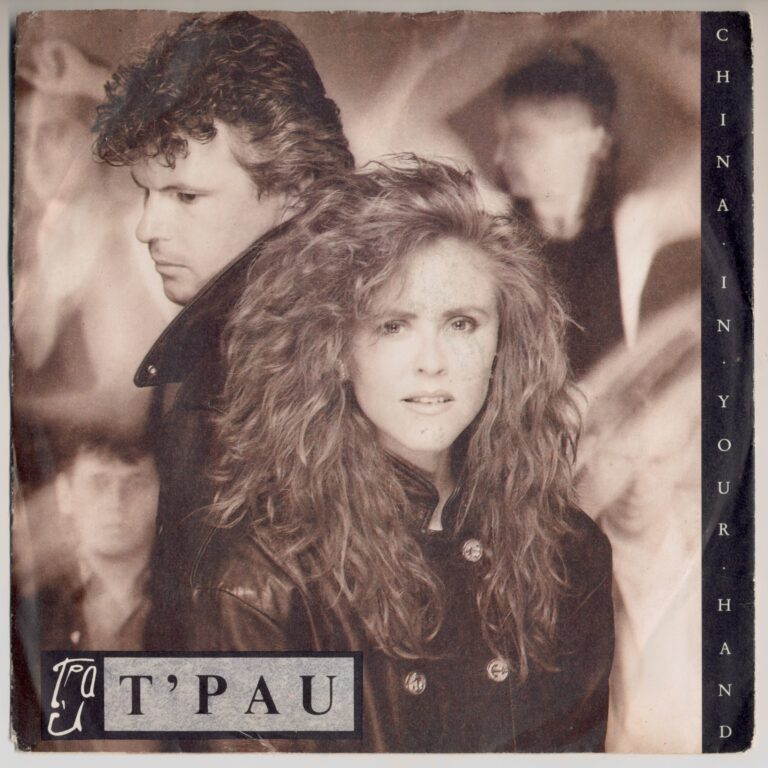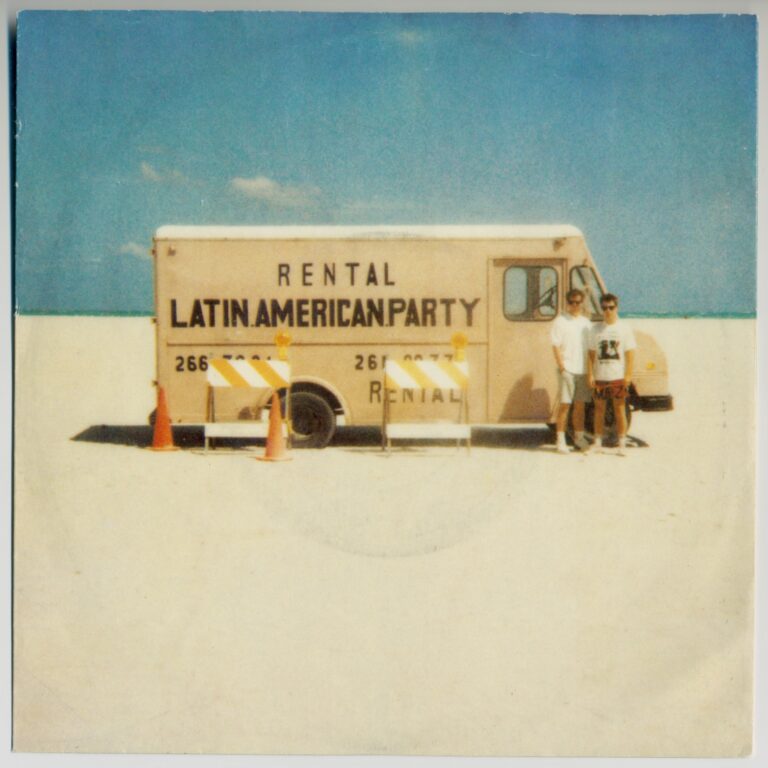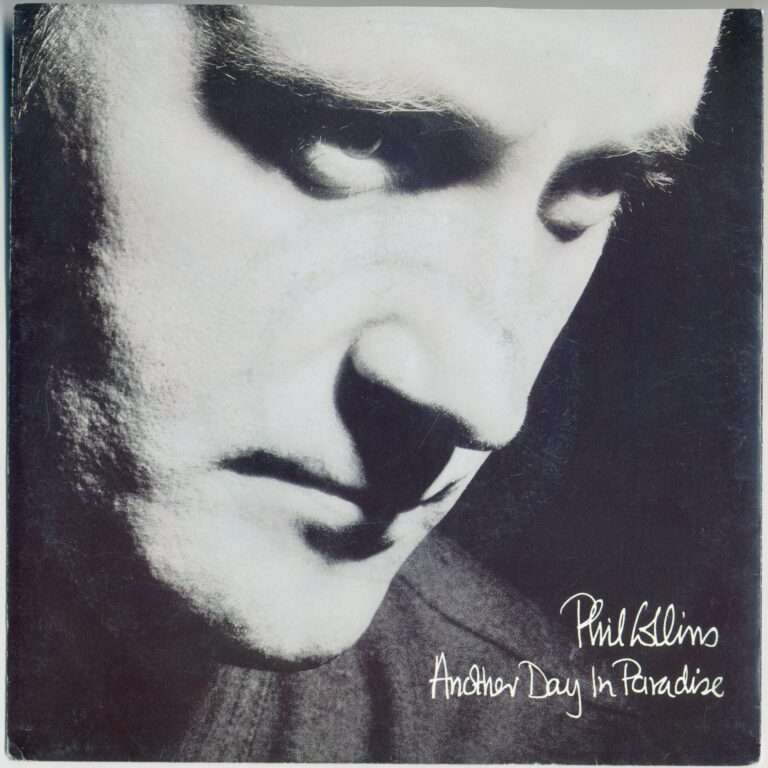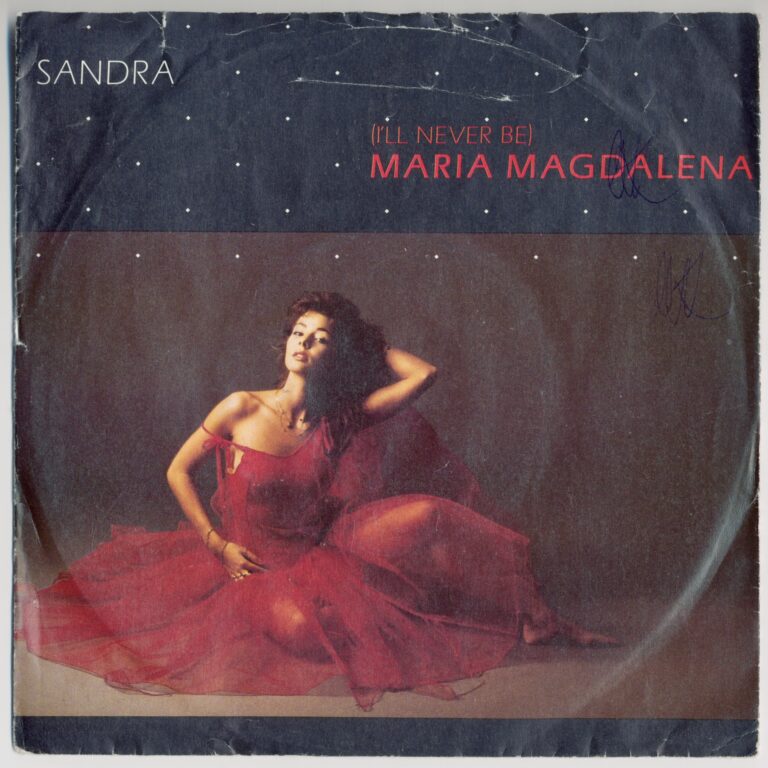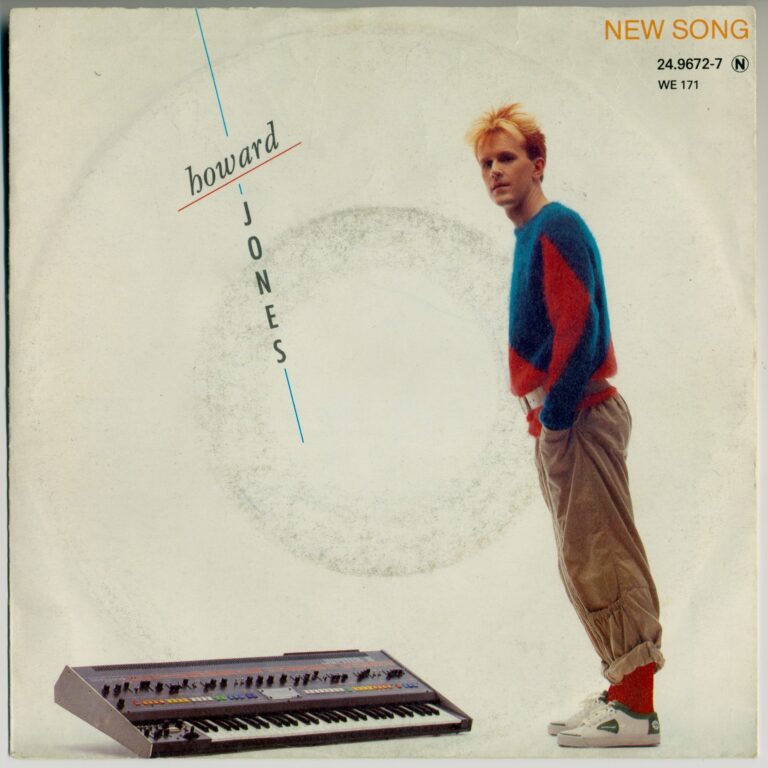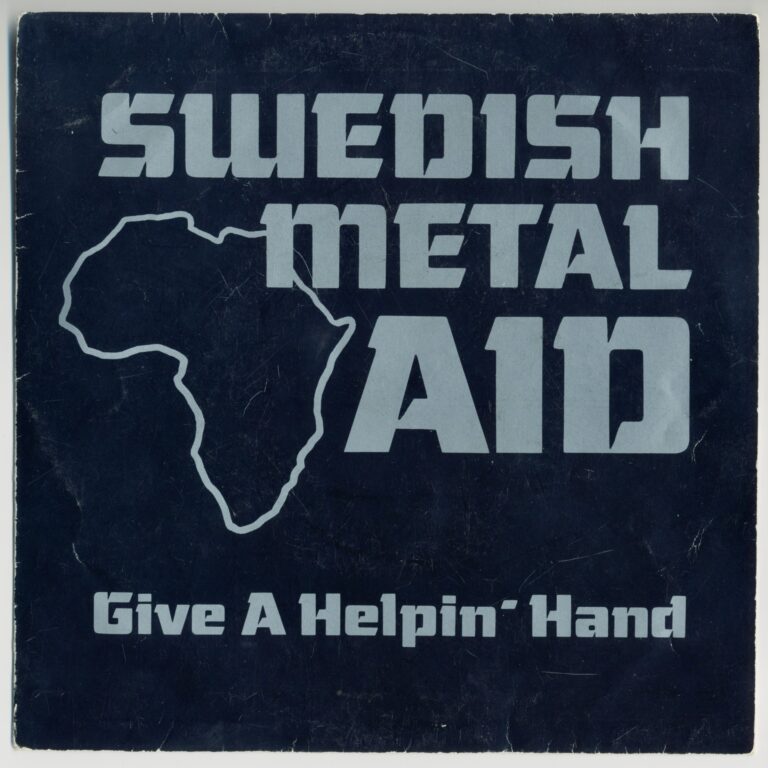The moment Albert Hammond conceived the melody for “One Moment in Time,” he wasn’t picturing Whitney Houston—he was seeing Elvis Presley, live in Vegas, singing a lavish, show-stopping anthem at an Olympic opening ceremony. This surprising creative spark reveals the ambition at the heart of the 1988 single: it was designed to be a spectacle, a larger-than-life presentation worthy of the global stage.
Commissioned by NBC Sports for their coverage of the 1988 Summer Olympics in Seoul, the song’s creation was a calculated blend of artistry and commerce. It wasn’t merely a new release; it was the promotional heartbeat for a worldwide media event. This explains the grand, sweeping sound crafted by producer Narada Michael Walden and executive producer Clive Davis. The production, complete with the London Symphony Orchestra, was recorded during a cross-continental effort while Houston was on her Moment of Truth World Tour. Some critics would later call the result “pompous” or “bombastic”, but this very grandiosity was a strategic choice. The dramatic horns and soaring strings were composed not for a simple radio spin, but to perfectly score the slow-motion replays and triumphant montages that are an Olympic staple.
But the true genius was in the lyrical narrative. Written by Hammond and John Bettis, the words transcend the confines of athletic competition. Lines like, “You’re a winner for a lifetime, if you seize that one moment in time” , took the fleeting victory of a race and connected it to a timeless human experience of struggle, determination, and self-belief. This message struck a chord not just with casual listeners, but with “actual sportspeople,” who found the song’s narrative “emotionally true and resonant” to their own experiences.
This universal theme, however, needed a singular voice. Despite the track’s occasionally criticized “overblown” production, Houston’s performance remains a masterclass. Her delivery is lauded for its “breathtaking vocal dynamo” and “awesomely controlled” command of a four-octave range. She didn’t just sing the notes; she subtly built the emotional intensity, taking the listener on a journey that cemented the song as one of her definitive vocal showcases.
“You’re a winner for a lifetime / If you seize that one moment in time / Make it shine”
The commercial reception across Europe was extraordinary. The song held the top spot on the Pan-European Hot 100 Singles chart for five weeks and became a number-one hit in the UK and West Germany. The song was a major success across the continent, peaking in the top five in countries like Belgium, Finland, Austria, and Norway. Even in Sweden, the single reached number three on the Sverigetopplistan chart. Adding a local curiosity, the track even spent five weeks on the Swedish radio chart “Trackslistan” in 1988, peaking at number four and ending the year at number 44 on their year-end list. This continental triumph suggests that the cinematic quality and epic scale of the ballad may have found a particularly receptive audience in European markets, contributing to its widespread success.
Even the accompanying music video was a strategic move, deliberately excluding Houston performing the song. Instead, it was a collage of clips from the 1988 Summer Olympics, showcasing athletes like Florence Griffith Joyner and Steffi Graf. This omission was a clear statement: the song belonged to the event and its athletes. It became a soundtrack to the spirit of the Olympics, further cementing its role as a universal anthem.
“One Moment in Time” continues to hold its place in pop culture, a staple of sports montages used to celebrate moments of personal and collective achievement. Houston’s formidable, iconic performance at the 31st Grammy Awards in 1989 is still regarded as one of her “all-time best performances”. The track endures as a fascinating study of how a song designed for a corporate purpose can, through a powerful vocal performance and universal themes, become a timeless symbol of human aspiration.
My copy: 7″, 45 RPM, Europe, 1988, Arista
Trackslistan (Swedish radio chart): 5 weeks, peaked at #4, #44 on year-end list 1988

